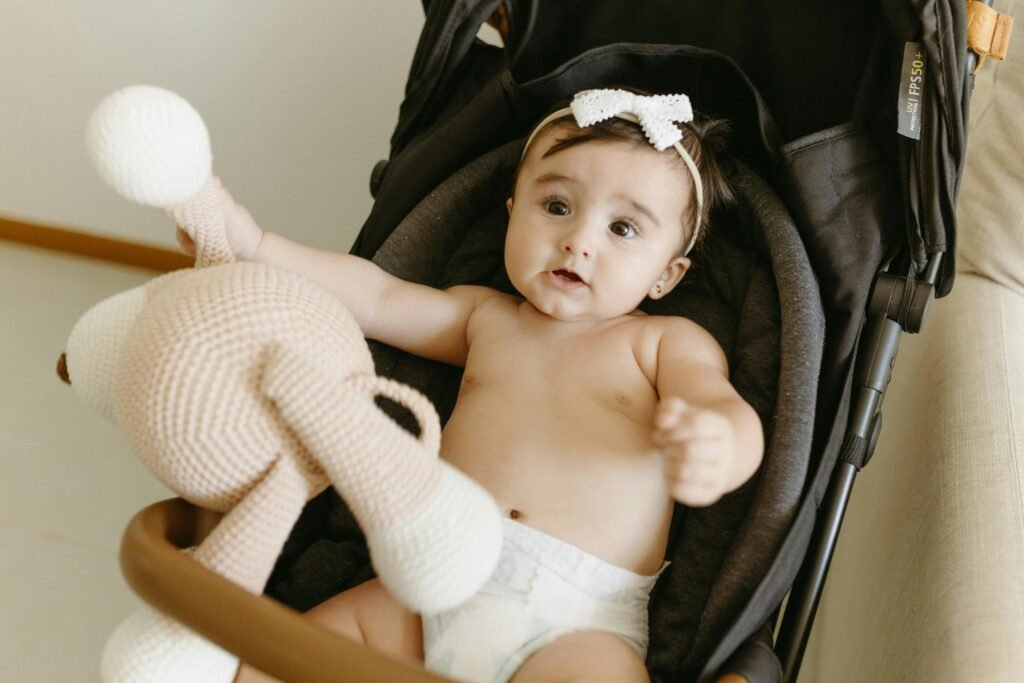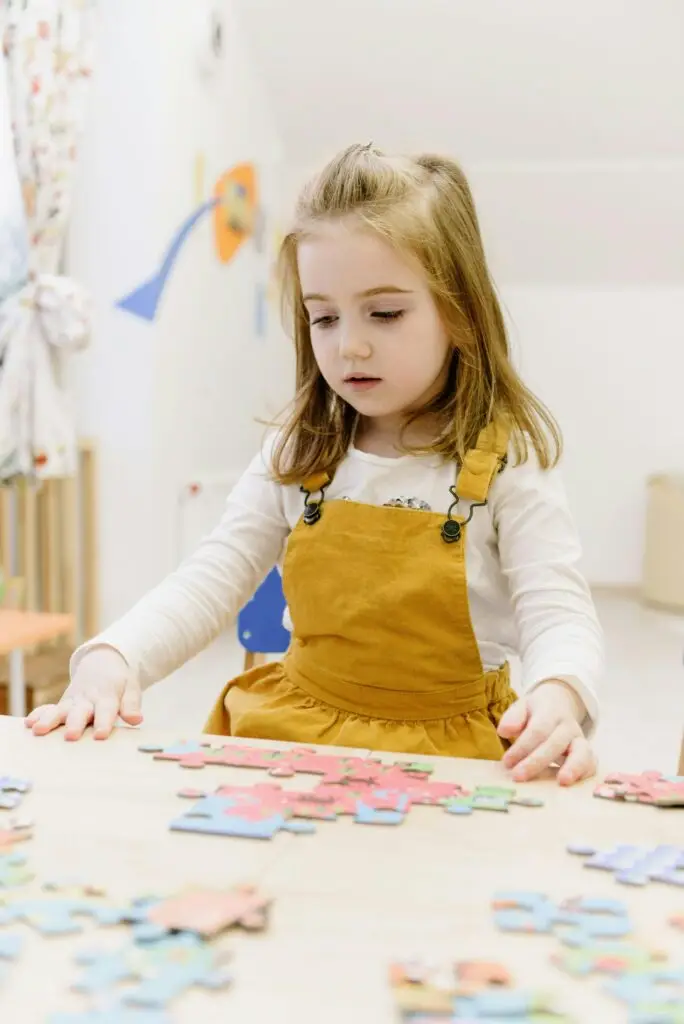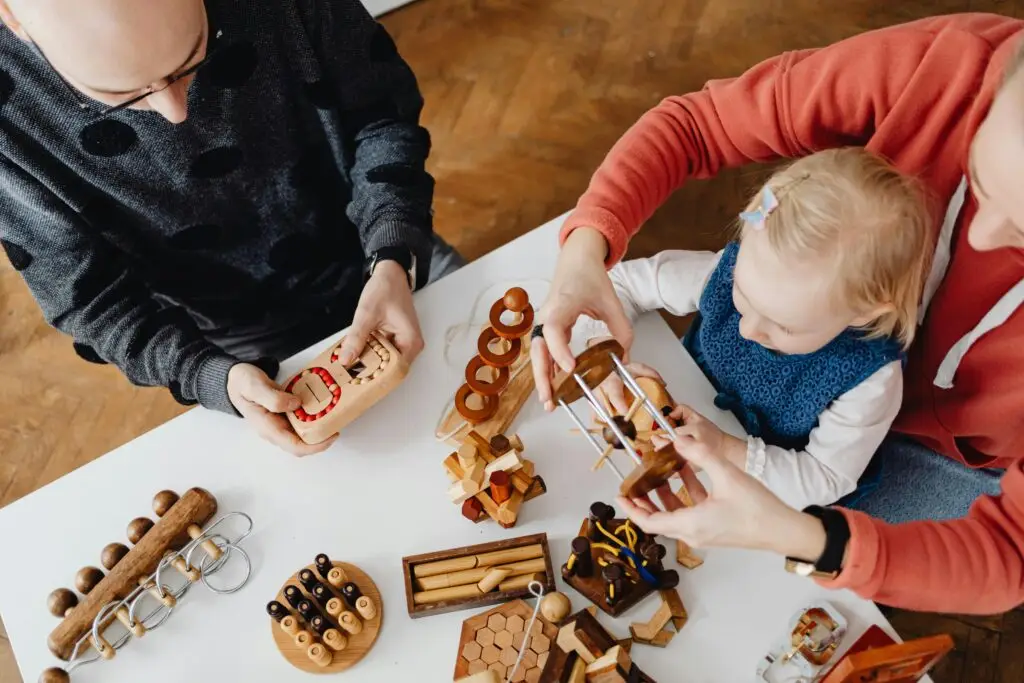Welcoming a newborn into your life is a beautiful, life-changing experience—but it can also feel a little overwhelming. Endless lists of baby products, constantly changing advice, and the sheer responsibility of being a parent can make preparing for your little one seem like an impossible task. Take a deep breath—we’re here to help.
This guide covers everything from must-have baby items to newborn sleep tips, feeding how-tos, and even advice on taking care of yourself as new parents. By the end, you’ll feel more confident and prepared as you step into this exciting new chapter of your life.
The Newborn Essentials Checklist
Ever wondered, “How many socks does a baby need for a year?” or “How many car seats will I need in the first year?” Shopping for a newborn can get complicated quickly, so here’s a list of baby registry must-haves to make your life easier.
Sleep Essentials
- Crib and Mattress – You’ll only need one crib mattress for the first year, but make sure it fits the crib snugly and meets safety standards.
- Swaddle Blankets – These are lifesavers for promoting restful sleep and mimicking the feeling of being in the womb.
- Baby Monitor – Keep an ear (and eye) on your little one while they sleep.
- White Noise Machine – Helps drown out household noise so your baby sleeps longer and more peacefully.
Feeding Essentials
- Bottles and Nipples – Even if you’re breastfeeding, having about 4-5 bottles on hand is a smart idea for pumping or formula feeding.
- High-Quality Breast Pump – Essential for moms who plan to nurse, especially if you’re returning to work.
- Burp Cloths – You’ll need plenty of these—trust us!
- Breastfeeding Pillow – Offers comfort for both mom and baby during feeding sessions.
Hygiene and Diapering
- Diapers – On average, you’ll go through about 2,500-3,000 diapers in the first year.
- Diaper Pail – One good-quality diaper pail is enough for the first year and is key to keeping your home odor-free.
- Baby Wipes – Go for unscented and sensitive-skin options.
Clothing Basics
- Onesies – 7-10 onesies in varying sizes should suffice to keep your baby cozy.
- Baby Socks – Around 7-8 pairs will do for the first year. Babies lose socks easily, so extras are always a good idea!
- Baby Wrap or Carrier – Perfect for keeping your little one close while having your hands free.
Car Safety
- Car Seat – A must-have from the day your baby comes home. You’ll only need one infant car seat for the first year, but ensure it meets current safety guidelines.

Bonus Tip:
Instead of splurging on too many pacifiers, start with about 3-4. This way, you can discover your baby’s pacifier preferences without overbuying.
Sleep Schedules and Tips for Newborns
The saying “sleep like a baby” doesn’t always tell the full story—newborn sleep can be unpredictable, but establishing healthy sleep habits early is key.
How Newborn Sleep Works
Newborns sleep a lot—about 14–17 hours a day—but not all at once. Expect wake-ups every 2–3 hours for feeding. By 3 months, babies often start sleeping for longer stretches.
Tips for Better Sleep
- Establish a Bedtime Routine – Create soothing pre-sleep habits such as a warm bath or a lullaby.
- Keep Day and Night Distinct – Keep daytime interactions lively and play-filled, and save calming activities for the evening.
- Create a Safe Sleep Environment – Lay your baby to sleep on their back in a crib with no pillows, toys, or blankets.
Pro Tip:
Use a mom with baby in wrap, rocking gently as part of your nightly routine.
Feeding Your Newborn
Wondering whether to breastfeed or formula-feed? Here’s an overview to help:
Breastfeeding
Breastfeeding offers countless health benefits. Aim to feed your newborn every 2–3 hours or when they show hunger cues. Reach out to a lactation consultant if you face challenges—it’s common and totally okay to need help!
Formula Feeding
Formula is a safe and nutritious alternative to breastfeeding. Follow the formula’s instructions carefully and sterilize bottles after each use.
Introducing Solids
Babies can start solid foods around 6 months. Start with pureed fruits, vegetables, and iron-rich cereals. Always consult your pediatrician before introducing solids.

Bonding Activities to Strengthen Your Connection
Newborns thrive on close contact and emotional connection. Here are some bonding activities:
- Skin-to-Skin Contact – Hold your baby close to your chest often—it’s calming and improves their sense of security.
- Tummy Time – Helps strengthen your baby’s muscles while offering a fun opportunity to interact.
- Reading Together – Even at this young age, babies enjoy hearing their parent’s voice.
- Baby Wearing – A soft wrap or carrier keeps your baby close, building emotional bonds.
Newborn Health and Safety Tips
Protecting your baby is the top priority, so make sure you:
- Babyproof Your Space – Cover outlets, install baby gates, and remove small choking hazards.
- Schedule Regular Checkups – Keep up with vaccinations and wellness visits.
- Trust Your Instincts – Always consult a pediatrician if something doesn’t feel right, especially if your baby has a fever over 100.4°F.
Don’t Forget About Parental Self-Care!
Parenthood can be as exhausting as it is rewarding. Taking time for yourself isn’t selfish—it’s essential. Here are tips to prioritize self-care:
- Nap When Baby Sleeps – Even short naps can be rejuvenating.
- Divide Responsibilities – Share duties with your partner or trusted family members.
- Join a Parenting Community – Connecting with other parents can provide support and camaraderie.
Remember, a happy parent helps ensure a happy baby!
Stepping Into Parenthood with Confidence
Parenthood is a wonderful adventure full of surprises, challenges, and joy. With this guide, you’re now better equipped to handle the first year with your little one. Take each day as it comes, and don’t hesitate to lean on loved ones or communities—you’re not alone on this journey.
Have tips of your own? Drop them in the comments below! Or, check out more articles on newborn care, feeding, and self-care to keep learning.



